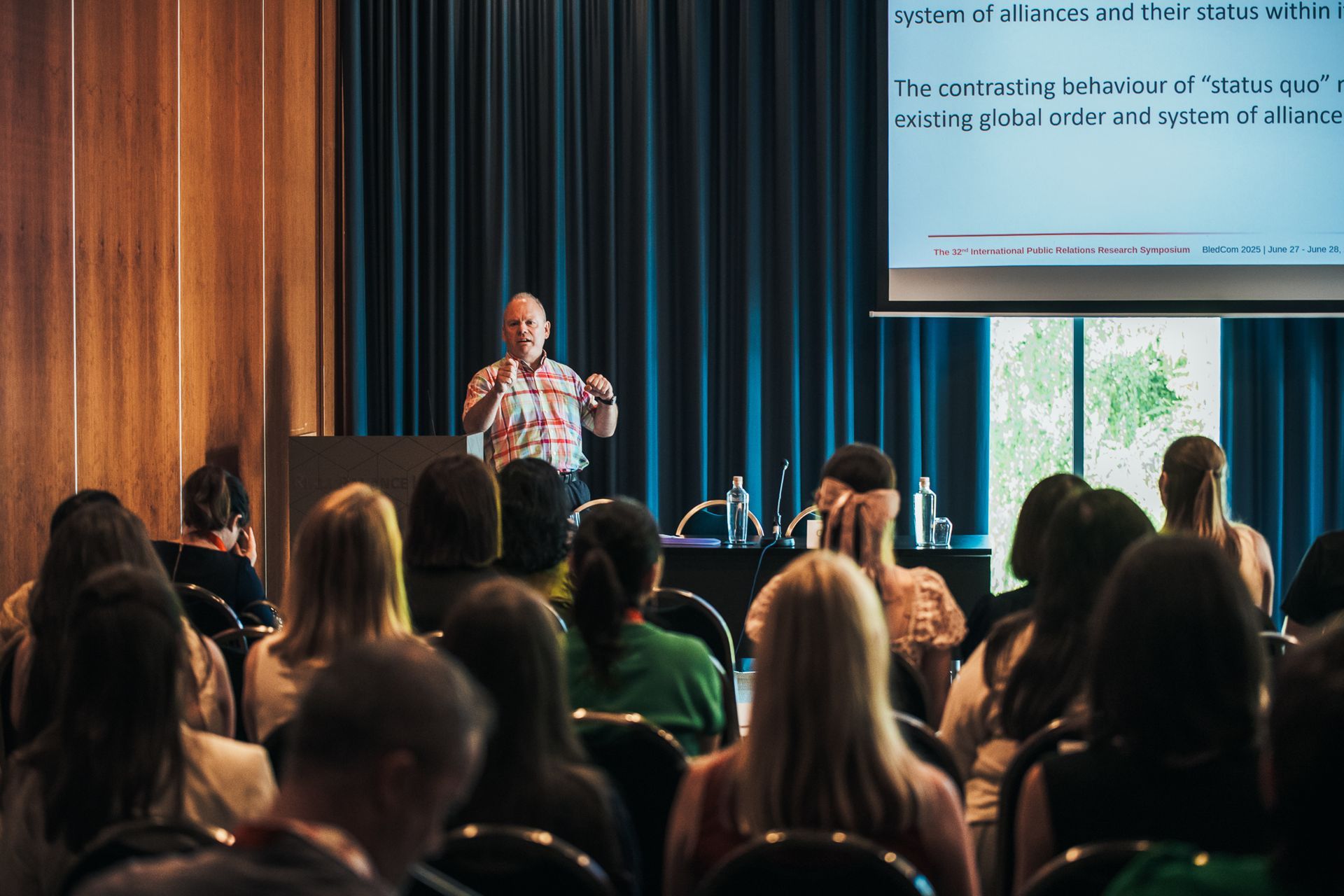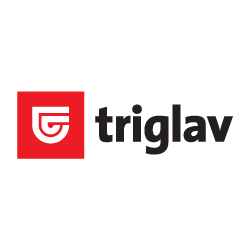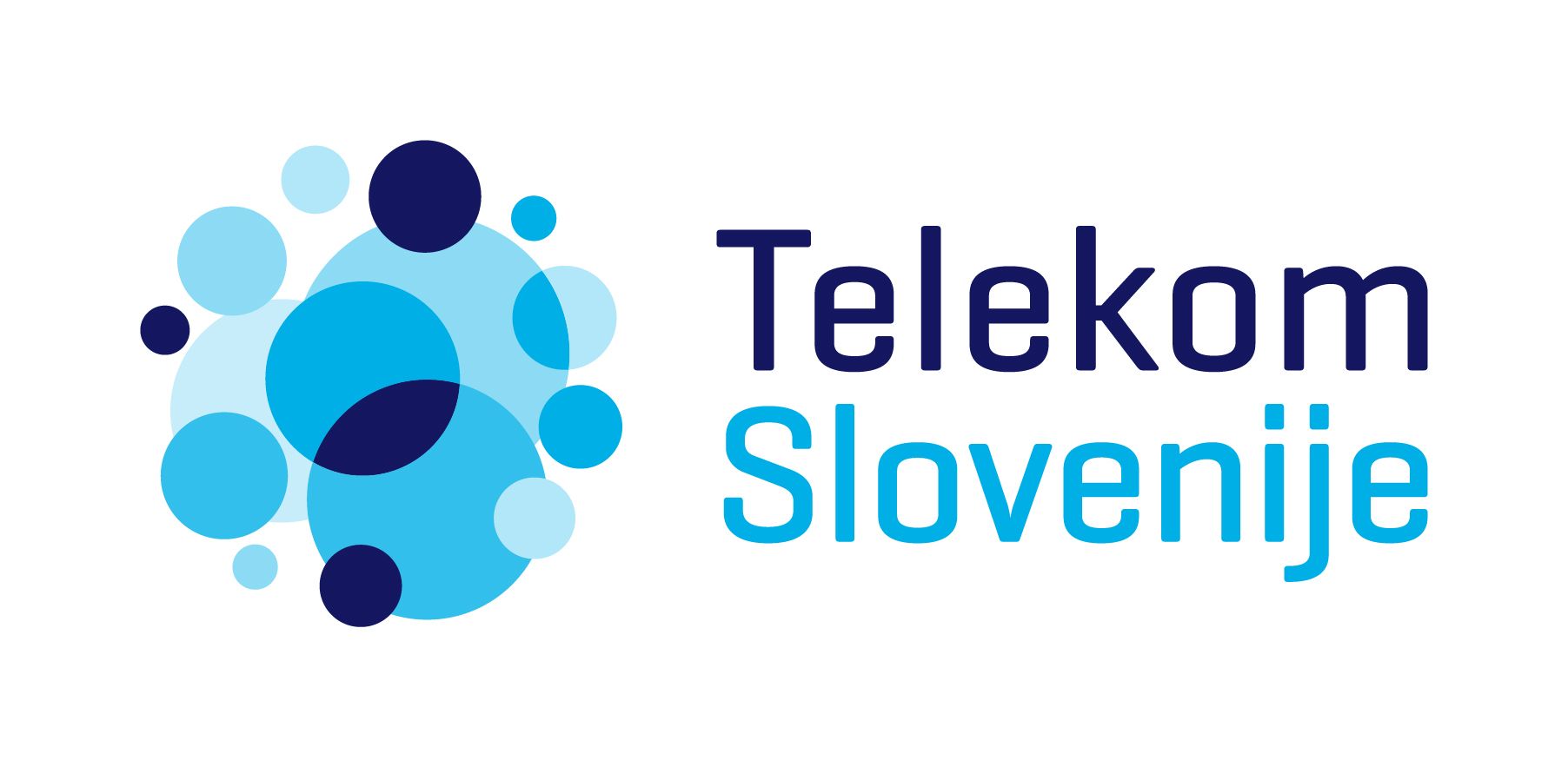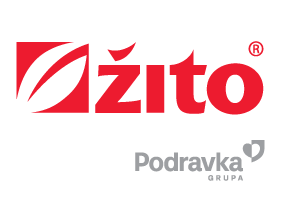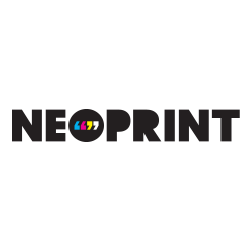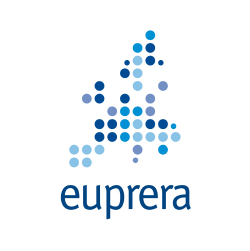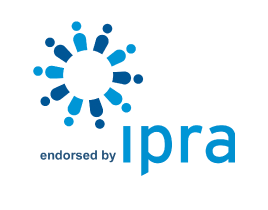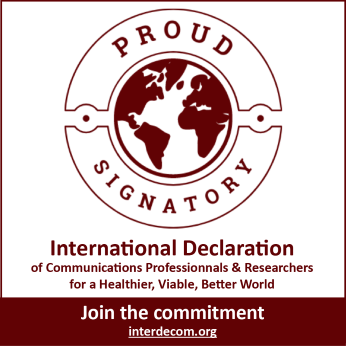Author name
Leading theme is Disaster, Health, and Organizational Crisis Communication. BledCom invites abstracts between 500 and 800 words (including title, keywords, and references) and panel proposals. We welcome all papers related to public relations and strategic communication, not just those addressing the conference theme. Submission deadline is February 3, 2026.
In a world increasingly defined by volatility, uncertainty, complexity, and ambiguity, crises are no longer exceptions.They have become the rule. Disasters—natural and man-made—continue to ravage communities. Global public health threats such as COVID-19 have revealed systemic vulnerabilities and communication breakdowns. Further, organizational crises—from product recalls to reputational scandals—threaten not only economic performance but also trust, legitimacy, and stakeholder relationships.
Crisis communication is at the heart of societal resilience. How organizations communicate before, during, and after, crises often determine whether trust in the organization is preserved or lost; whether harm is mitigated or exacerbated; and whether reputations survive or collapse. Managing crisis communication is also a defining function of modern public relations, whose practitioners increasingly operate at the intersection of strategy, ethics, and emergency response. These reasons compelled BledCom to again focus on this critical organizational function by selecting it as the theme.
Coombs defined organizational crisis as: "a perceived violation of salient stakeholder expectations that can create negative outcomes for stakeholders and/or the organization." This definition reminds us that crises are not only operational, but also social, perceptual, and relational. A modern crisis may be triggered by a cyberattack, a climate event, a health emergency, a viral tweet, or even an armed invasion (the nuclear threat is a clear and present danger in the 21st century). The responses must be equally complex, coordinated, and ethically grounded.
BledCom 2026 invites scholars, practitioners, and educators to explore the multifaceted world of crisis communication across domains including disaster response, public health, and organizational resilience. We encourage contributions that analyze crisis narratives, evaluate communication strategies, interrogate digital responses, or reflect on lessons learned across the three core crisis types as well as other types of crises as well
We therefore welcome presentations from scholars and practitioners focusing on the ongoing evolution of crisis communication.
Some topics relevant to the theme are:
- crisis communication management,
- internal communication in crisis management,
- social media and digital platforms and crisis communication,
- social listening and real-time feedback analysis,
- stakeholder activism and cancel culture,
- misinformation and disinformation challenges,
- ethics and equity in emergency messaging,
- cross-sector collaboration in crisis preparedness,
- comparative and international case studies,
- the influence of culture on crisis communication, and
- emotional, moral, and rational dimensions of stakeholder response.
As in previous years, BledCom welcomes all papers related to public relations and strategic communication, not just those addressing the conference theme. Panel proposals are also invited.
Guidelines for Submission
We invite abstracts between 500 and 800 words (including title, keywords, and references) and panel proposals.
Abstracts should include:
- Introduction and purpose of the study (including research question if applicable),
- Literature review (just long enough to situate the work in existing scholarship),
- Methodology (including data sources, rationale, and sample),
- Results and conclusions (highlighting implications and limitations),
- Practical and social implications.
Please provide 3–5 keywords that reflect your study. Use APA style (latest edition). Abstracts must be submitted anonymously, with identifying information included on a separate cover page. A list of references is optional but included in the word count.
Panel proposals should include:
- Title and focus of the panel,
- Name of the panel chair,
- Names of participants and titles or foci of their contributions.
Deadlines and Dates
Submission deadline: February 3, 2026
Notification of acceptance after peer review: March 3, 2026
Full papers (up to 6,000 words): due September 15, 2026, for inclusion in conference proceedings
Please send all submissions to: bledcom@fdv.uni-lj.si
Program Committee
· Dejan Verčič, University of Ljubljana & Herman & partnerji, Slovenia
· Krishnamurthy Sriramesh, University of Colorado Boulder, USA
· Ana Tkalac Verčič, University of Zagreb, Croatia
BledCom 2026 Advisory Committee
· Amela Duratović Konjević, Slovenian Cancer Registry, Institute of Oncology Ljubljana
· Maja Jančič, University of Ljubljana
· Urška Kolar, National Institute of Public Health
· Samo Kropivnik, University of Ljubljana
· Saška Terseglav, University of Ljubljana & Association of Health Institutions of Slovenia
· Mitja Vrdelja, National Institute of Public Health
BledCom 2026 is supported by the Ministry of Health of the Republic of Slovenia and the Slovenian Research and Innovation Agency (ARIS), under project V5-24042.

